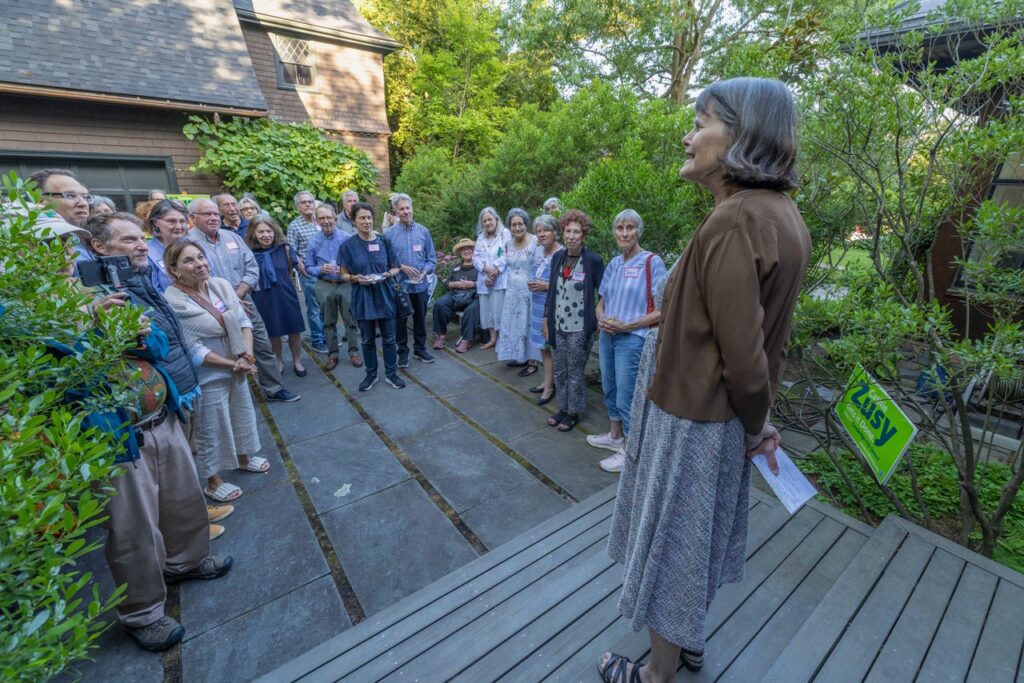
As your City Councillor, I’m deeply committed to ensuring Cambridge remains a financially strong and well-managed city—not just for today, but for decades to come. My work is built on a profound respect for our incredible City staff and a clear understanding of both our strengths and our limitations. In these uncertain economic times, I believe we must practice fiscal responsibility, avoid overcommitting future budgets, and constantly evaluate how effective our programs are.
Cambridge is incredibly fortunate to have a AAA bond rating, a distinction held by only 22 cities in the entire country. This is a direct result of decades of strong commercial development, sound fiscal management, and smart borrowing to fund crucial capital improvements like new schools, modernized firehouses, and infrastructure upgrades. However, we’re now facing new challenges: commercial real estate vacancies have risen to about 18%; federal funding to our universities and research institutions—major drivers of our economy—has been cut, while endowment taxes have increased; and federal stimulus funds have run out.
Navigating Financial Challenges
At this critical moment, I believe we must avoid overextending ourselves. I’ve been vocal about my concerns regarding our growing debt, which is now nearing $1.1 billion, and the rising fixed costs like healthcare and debt service. Because of this, I’ve had to cast tough votes to oppose new spending initiatives that, however well-intentioned, would lock us into costly obligations without clear, long-term funding sources.
For example, I was the lone vote against immediately committing city dollars to continue two programs previously funded by ARPA: the Transition Wellness Center (TWC) and Rise Up Cambridge. While these programs serve important populations, they do so at a very high per-person cost. I absolutely believe in supporting our most vulnerable residents, but I also firmly believe we need to redesign our social services model to be more sustainable and effective. This means exploring smaller facilities, offering comprehensive wraparound services, and creating clearer pathways to independent living.
I’ve also called for rigorous evaluations of our existing programs, especially within our schools. Despite a public school budget that has more than tripled since 1998—now at $280 million for 7,200 students—student outcomes haven’t improved. Our Universal Pre-K program is also a significant investment, costing about $50,000 per student annually. We need to ask hard questions about results, efficiency, and where we can make improvements.
Investing Wisely and Efficiently
Throughout the FY26 budget hearings, I paid close attention to department spending and long-term financial trends. I pushed for clarity on capital planning, ongoing maintenance, and our growing need for infrastructure investment—from combined sewer overflow systems to energy upgrades and water system maintenance. I support these crucial improvements, but we must coordinate better and work smarter and more efficiently. Projects shouldn’t take three, four, or five years to complete; ongoing construction means ongoing disruption. We can do better.
Cambridge still has much to celebrate—we’re building the Tobin School, expanding Universal Pre-K, and investing in affordable housing. But with falling commercial tax revenue, significant long-term liabilities, and likely less federal and state funding in the future, we simply can’t fund everything. Moving forward, we need to prioritize, streamline, and find smarter ways to do more with less.
Planning for the Future
We also need to plan proactively for the future: continuing to invest in climate adaptation, transportation needs, and social services. This means preserving our cash reserves, reducing our reliance on debt, and keeping new spending in check. I will continue to work tirelessly with the City Manager, staff, and our community to maintain Cambridge’s fiscal health, while ensuring we uphold our core values of equity, innovation, and inclusion.
Being responsible with public dollars isn’t just about saying no—it’s about asking the right questions, setting clear goals, and following through. I’ll continue to advocate for transparency, accountability, and thoughtful leadership as we navigate the financial road ahead.
# # #
Photo by Jay Connor
